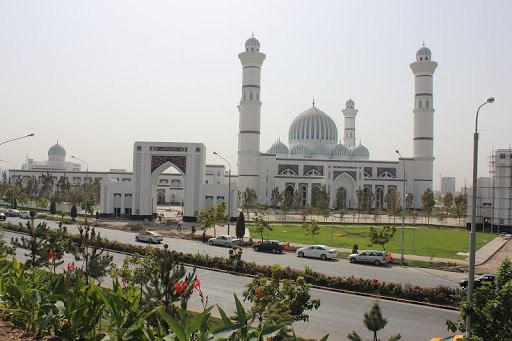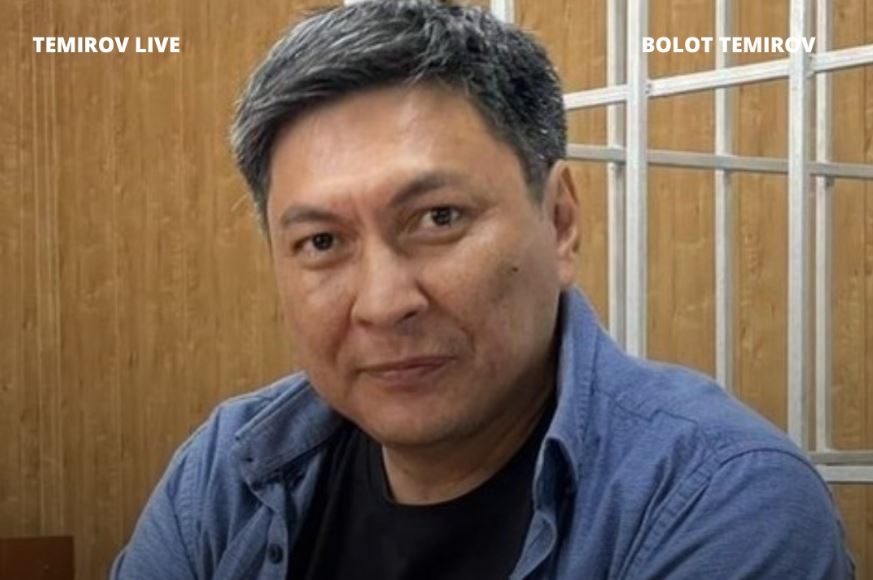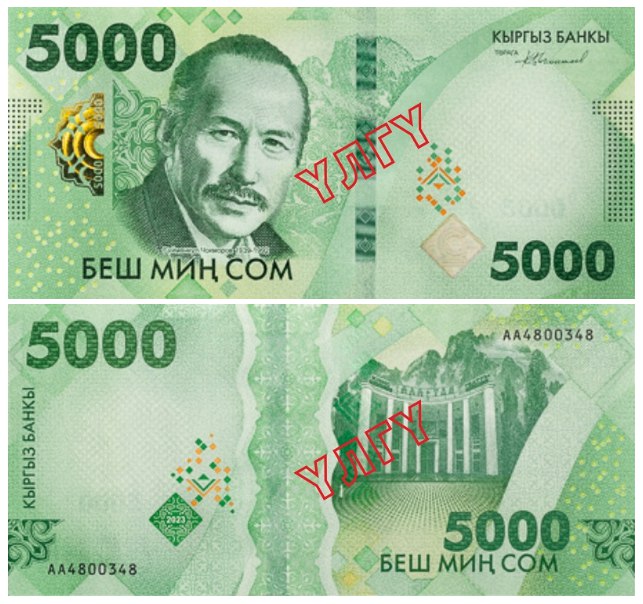U.S. Authorities Asked to Sanction Violators of Religious Freedoms in Tajikistan
In early May, the U.S. Commission on International Religious Freedom (USCIRF) published its annual report on violations of religious freedom around the world. As a result of the report, the Commission called on the U.S. government to impose targeted sanctions against government agencies and officials in Tajikistan responsible for serious violations of religious freedom. This is reported by Radio Ozodi. The U.S. Commission on International Religious Freedom (USCIRF) is an independent, bipartisan federal government organization created by the U.S. Congress to monitor, analyze, and report on religious freedom abroad. USCIRF makes foreign policy recommendations to the President, Secretary of State, and Congress to deter religious persecution and promote freedom of religion and belief. Its annual report describes and evaluates U.S. international religious freedom policy. USCIRF criticizes the Tajik authorities for punishing oppositionists and critics of Emomali Rahmon's government under the pretext of combating extremism, closing mosques due to failure to fulfill the plan to draft into the Armed Forces of Tajikistan, restricting the activities of certain Aga Khan-related facilities in the Gorno-Badakhshan Autonomous Oblast, banning the activities of Jehovah's Witnesses, etc. The Commission emphasizes that the situation of religious freedom in Tajikistan, despite earlier recommendations, did not improve in 2023. "In 2023, the government of Tajikistan continued to restrict the religious activities of citizens, including those living abroad," the report states. For this reason, the Commission recommended that the U.S. government impose targeted sanctions against government agencies and officials responsible for serious violations of religious freedom, freeze their assets, and bar them from entering the United States. A similar recommendation was announced last May. USCIRF also called on the U.S. State Department to place Tajikistan, along with 16 other countries, on a "red" list of countries "of particular concern" because their governments commit or tolerate particularly serious violations of the right to freedom of religion or belief. In addition to Tajikistan, the list includes Burma, China, Cuba, Nicaragua, North Korea, Pakistan, Russia, Saudi Arabia, Turkmenistan, Vietnam and others. The Tajik authorities have not yet responded to the report, but the Tajik Committee on Religious Affairs responded to Radio Ozodi's request in January this year that it "considers the situation with religious freedom in the country to be good" and "not all the data in the reports correspond to reality". Tajikistan's challenges with violent extremism were highlighted recently following the claim by an offshoot of the Islamic State terrorist group, known as Islamic State-Khorasan, for the April attack on the Crocus City concert hall outside Moscow, which resulted in at least 143 fatalities. Russian investigators have determined that the assault was carried out by four individuals, all of whom were identified as Tajik nationals.








